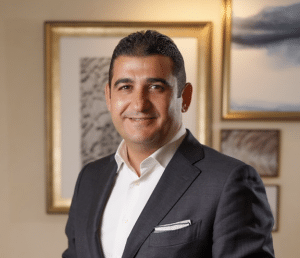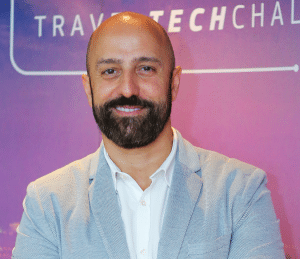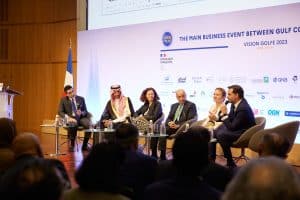
The COVID-19 pandemic has had a positive impact on work practices in the United Arab Emirates overall, and a large percentage of professionals across various sectors hope to continue working remotely, at least to some extent, when the ongoing pandemic has reached its conclusion.
A new study conducted by Boston Consulting Group and Bayt.com has shed light on worker preferences in the post-pandemic landscape, with 86 per cent of UAE professionals insisting they would like to work completely virtually or see remote and on-site working come together – almost aligned to the 89% global average.
The joint report, ‘Decoding Global Ways of Working,’ assesses the pandemic’s impact on worker preferences and expectations, with the findings based on the inputs of 707 people nationwide.
In terms of remote working during the crisis, the UAE is below the global average. Driven by the early restart of businesses and the majority of jobs being in the service, industrial, and retail sectors, 43 per cent of respondents said they are working in some form of remote arrangement compared to the 51% worldwide.
In addition to the work models people wish for in the future landscape, the UAE workforce is somewhat more open to not returning to the office. Considering the country’s high readiness for digital capabilities to enable remote work, 31 per cent indicated they would prefer to work at home on a full-time basis compared to the 24 per cent at the global level.
“From a UAE standpoint, the pandemic has, for the most part, actually had a positive impact on work practices and processes,” said Dr Christopher Daniel, Managing Director and Partner, BCG Middle East.

He added, “Contrary to other results worldwide, the respondents did not experience any major difficulties with regard to their well-being and the vast majority embraced virtual environments. Hence, many are open to recent changes becoming permanent due to sustained positive outcomes throughout this period.”
The report also casts a clear picture of other work-related preferences, with values people look for in their line of work not changing significantly in the UAE since 2018.
The continued importance of building relationships and progression was highlighted. Even in remote working environments, relationships with colleagues and management remain the most important, closely followed by career development opportunities.
However, job stability and security have become more important to workers in recent years, with work-life balance and training to learn new things and develop skillsets becoming somewhat lesser priorities.
At the same time, more respondents said that diversity and inclusion have become more important to them over the past year, reflecting the diverse nature of the UAE population with a high portion of expats in the workforce.
Of the UAE respondents, 70 per cent of young people and 77 per cent of people overall confirmed that these issues now impact their job preferences, higher than the 68.7 per cent globally.
When asked if they would refuse a role that does not align with their personal beliefs on diversity and inclusion, 50 per cent of young people and 52 per cent overall said they would do so, almost aligning with the 51.4 per cent global average.
In terms of environmental responsibility, 72 per cent said related issues have become more important over the last year, echoing the UAE leadership’s drive to prioritise sustainability as part of its long-term plans. This figure is marginally higher than the 69.6 per cent globally, while 51 per cent said they would exclude companies that do not match their environmental sustainability beliefs, slightly lower than the 51.7 per cent average worldwide.
Dr Daniel concluded. “Across the UAE, workforces want the flexibility associated with remote working to remain in place. What is also apparent are the reasons behind work-related preferences, stances on diversity and the environment, and how both are likely to affect professional decisions moving forward.”











